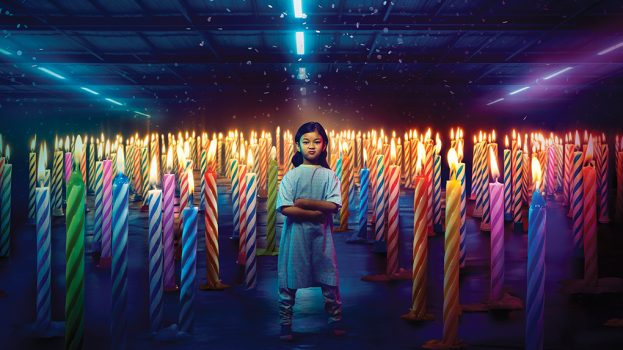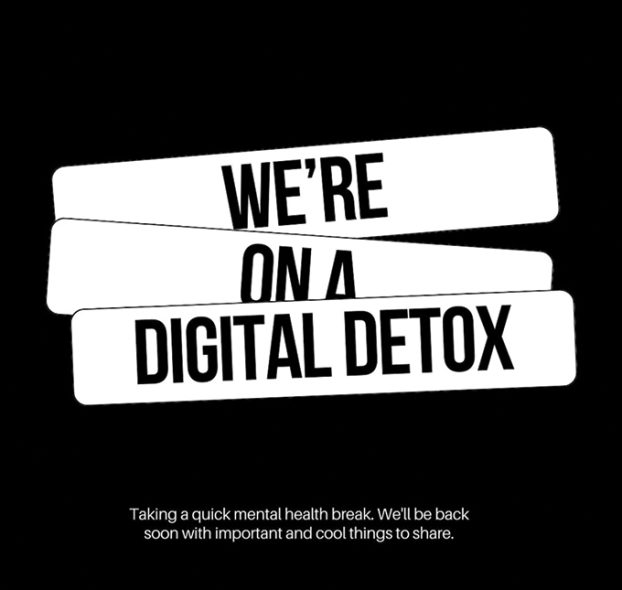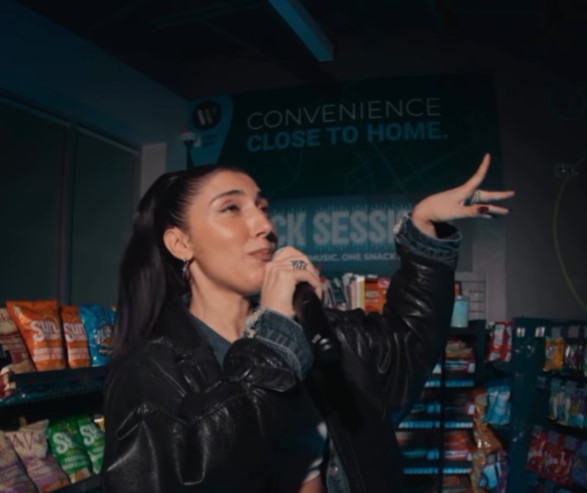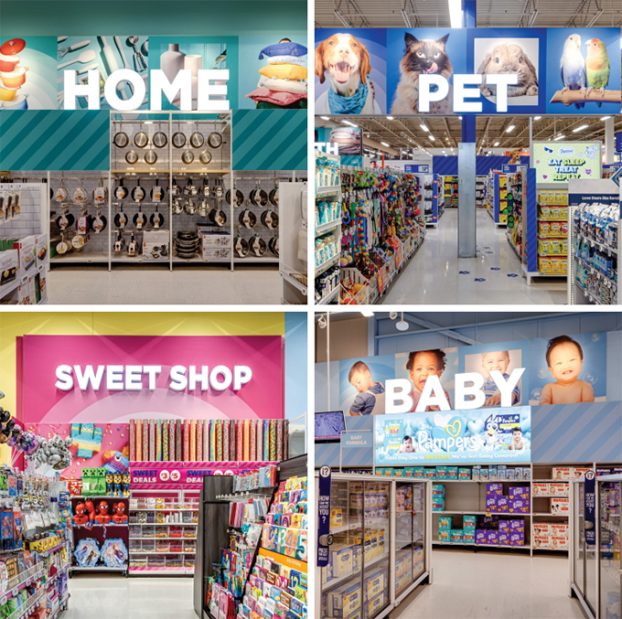The first Lions Innovation, a “festival-within-a-festival” dedicated to the increasing role technology and data play in creativity, has closed by awarding the Innovation Lions and new Creative Data Lions. The ceremony not only left Canada off of the list of winners, but there was also no Grand Prix winner.
The inaugural Creative Data jury did not award a top prize, with jury president David Sable, global CEO of Y&R, explaining at a press conference that some the 11 sub-categories were very different from each other, which made it difficult to select one piece of work that covered them all.
“It was quite challenging doing this in the first year because we were cognizant of fact you are setting a benchmark and hopefully setting a bar that will be raised,” he said. “We’re not saying the work wasn’t good…Each Gold, Silver and Bronze was a clear winner in their individual sub-category. Hopefully next year the jury will learn from what we did award, and use that to guide them in picking a Grand Prix.”
Six Gold, 10 Silver and 12 Bronze Lions were awarded by the jury. The category description said it was recognizing the use of data and research to drive a creative idea, but the jury was also looking for work that made boring data more compelling, gave personal data a life of its own and how much the data enhanced an experience.
“The key was if the use of data was clear in the entry,” Sable said. “There were a lot of entries, because everything uses data in some way or another, but the link had to be very clear just by looking at it.”
Canada had one mention on the Creative Data shortlist for JWT’s “Raise the Pride” campaign for Toronto PFLAG.
Canada was left off the Innovation shortlist when it was announced last week, with the Grand Prix in that category going to What3Words. The service is a global addressing system that has used an algorithm to divide the entire planet into three metre by three metre squares and assigned each one a combination of three simple words.
[iframe_vimeo video = “112227335”]
While those used to traditional addresses might find it difficult to understand how to navigate the system (which doesn’t follow any kind of sequence and the combination for each location must be looked up on the website or app), the system was made more for under-developed regions that don’t have established address systems. By using What3Words, anything from taxis and e-commerce purchases to humanitarian aid, microfinance business funding and people repairing infrastructure can be directed to any location.
“There was two kinds of creative thinking in the entries,” said jury president Nick Law, global CEO of R/GA. “The more narrative, agency thinking, and more systematic thinking. What we chose was more representative of latter, Silicon Valley type of thinking. The more narrative pieces are tied to brands and telling stories using existing tech. We got to weigh the pros and cons of that with the systematic world, where the tech itself is what’s creative.”
Law added that one of the compelling things about the system was that it was already scaling, with its API already being used by government organizations, non-profits and both local and international businesses. With cellphone penetration increasing in the developing world, having access to your area’s three words is also becoming less of an issue.
“Cannes has been a place for storytelling, and there has been romance around narrative thinking,” he said. “What I think is important is not only recognizing systemic thinking is creative, but also that both those ways of thinking are two hemispheres of brain, and when you put them together you get something bigger and better and more interesting.”
























